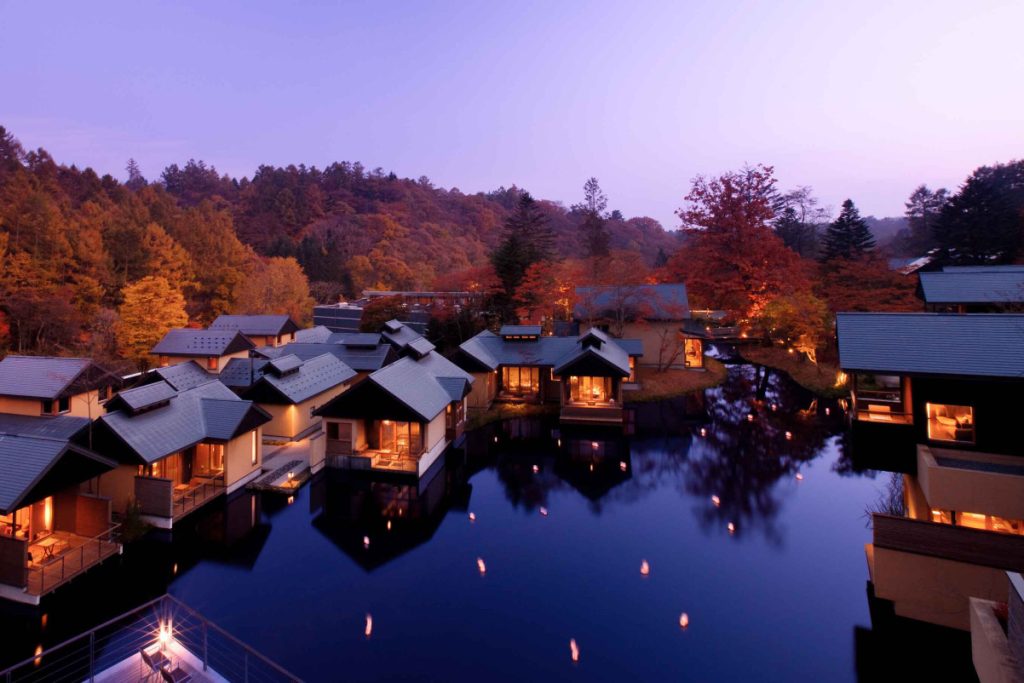The traditional Japanese ryokan is a unique form of hospitality that emphasizes ritual, relaxation, and personalized service. These family-run inns are often located in beautiful natural settings with access to hot springs, known as onsens. For non-Japanese guests, staying at a ryokan is a deeply cultural experience that involves the concept of Omotenashi, which anticipates guests’ needs in a subtle and unflashy manner. While traditionally intimate and homespun, the idea of ryokans is gaining momentum and attracting investment capital.
In response to the growing interest in Japanese hospitality, global brands like Hyatt and Hoshino Resorts are launching modern hot-spring brands that cater to Western travelers. These brands seek to blend the traditional ryokan experience with more modern and Western design elements, offering a unique fusion of cultures. Hoshino Resorts, in particular, has found success with its Kai brand, described as a “Japanese auberge,” which offers a sleek and modern take on the traditional ryokan experience at more affordable price points.
Hoshino Resorts has announced plans for international expansion, including the opening of a property in the United States. The company’s decision to expand to the U.S., specifically Sharon Springs in upstate New York, was driven by the quality of the mineral waters and the town’s history of healing and rejuvenation. Hoshino Resorts aims to bring the elements of nature, nutrition, and relaxation that are central to the ryokan experience to a global audience, maintaining its commitment to service standards and Japanese cultural elements.
As global brands like Hoshino Resorts expand the concept of the ryokan to international markets, there are concerns about preserving the authenticity and purity of the traditional experience. The challenge lies in adapting the unique elements of a ryokan, such as Omotenashi and hot springs, to different locations while maintaining the core essence of Japanese hospitality. However, the growth of Japanese hospitality on a global scale presents an opportunity for more travelers to experience this unique form of hospitality and cultural integration.
Luxury hospitality has been increasingly focused on wellness, culture, and personalization, with the humble ryokan serving as a model for these trends. The success of brands like Hoshino Resorts in bringing the traditional ryokan experience to a global audience reflects the broader industry shift towards authentic and immersive travel experiences. As more travelers seek unique and meaningful hospitality experiences, the expansion of ryokan-inspired brands offers a new avenue for cultural exchange and connection across different regions and traditions.


